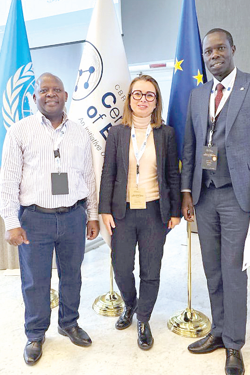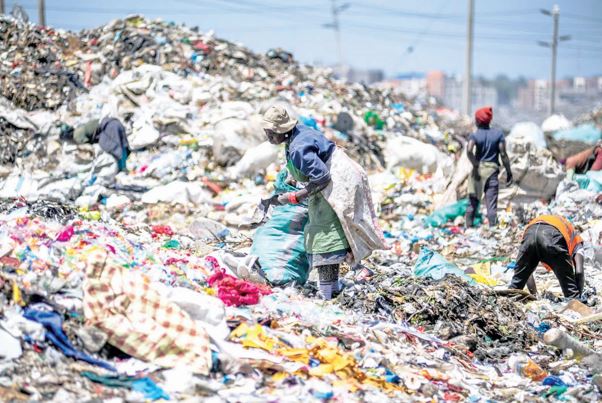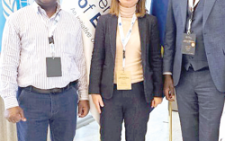Kenya has enhanced efforts towards elimination of chemical weapons and instead advanced the use of chemistry for peaceful purposes.
The initiative seeks to assist the country build capacity in the area of prevention, preparedness and response to emergencies related to toxic chemicals.
The country has also put measures to reduce chemical threats, enhance chemical safety and security and ensure terrorists do not access toxic chemicals that are a threat to national peace and security.
As part of the plan, the Government Chemist William Kailo Munyoki has represented the country in the ongoing European Union Chemical, Biological, Radiological, and Nuclear Risk Mitigation Centres of Excellence (EU CBRN CoE).
The meeting, taking place in Turin, Italy, is hosted by the United Nations Interregional Crime and Justice Research Institute (UNICRI).
Chemical weapons
To advance implementation of the Chemical Weapons Convention (CWC), Kenya has also been taking legal, policy and administrative measures at the national level.
According to the Interior ministry, the country has also recorded commendable progress in areas such as cross border control, countering chemical terrorism, responding to chemical incidents, and upgrading laboratory competencies.
Diverse pieces of legislation relating to the Convention have also been consolidated into two comprehensive pieces which are awaiting completion of national legislative procedures.
The risk of chemical weapons being used by non-state actors has been identified as an emerging challenge in the struggle for a world free of chemical weapons and poses a growing risk for all countries.
The possibility of non-state actors using chemical weapons is furthered by technology advances, such as Artificial Intelligence (AI) tools which could aid chemical synthesis and novel delivery mechanisms, such as drones, according to security experts.
The meeting in Italy is the second edition of the CBRN CoE Academy for National Focal Points and Heads of Secretariats and was also attended by the Director-General of the Regulatory Authority, James Keter who heads the Secretariat for the Eastern and Central African EU CBRN CoE initiative.
“It focuses on strategic discussions on risk mitigation, donor engagement, and fostering sustainable partnerships, and conflict prevention on a global scale among other critical issues related to the initiative,” the Interior Ministry said.
Another meeting was also held in the Hague, Netherlands which was attended by Stephen Matinde, the Deputy Government Chemist.




















